“O, what a tangled web we weave when first we practise to deceive.”
– Walter Scott
And so it goes with congressional Republicans defending President Trump’s indefensible arms-for-dirt bribery scheme.
They can’t possibly defend it on the substance, because the substance doesn’t pass the smell test with 70 percent of Americans. At the same time, they can’t fathom not defending Trump, because they live in fear that he might mean-tweet and primary them back to, gasp, civilian life.
Therefore, they use a constantly changing array of truly preposterous defenses to get through the humiliating interviews they’re forced to do. The defenses are maddening and highly entertaining, and these are a few of my favorites:
Top 10 Worst Defenses
Transparency! Righteous congressional Republicans stormed a secure committee room and dramatically demanded public hearings!
But when televised public hearings were launched a few days later, the same Republicans suddenly switched to demanding “an end to the media circus!”
Hearsay! This one was very hot this week. Trump defenders demanded that they hear from someone who directly saw the bribery. “Hearsay,” they say.
Of course, there are several problems with that. First, the White House-verified call record clearly documents the bribery, directly in the President’s own words. It’s not hearsay, it’s Trumpsay.
Second, nonpartisan, decorated combat war veteran Lt. Col. Alexander Vindman was on the infamous call, and he’ll be testifying soon.
Finally, Trump apologists also say it’s perfectly fine for Trump, Mulvaney, Bolton, and others, who do have firsthand knowledge of the bribery, to refuse to testify about what they observed. You can’t try to have it both ways and be expected to be taken seriously.

Whistleblower! They’re outraged that someone blew the whistle on the bribery, and demand that he be publicly pilloried, even when the law says he is guaranteed anonymity and protection, and even after a long list of named, credible, nonpartisan officials are publicly confirming everything about which the whistleblower was whistling.
This initially might have had some political traction when the whistleblower was standing alone, but after all of this corroborating testimony, it makes no sense.
Incompetence! This one is especially delicious. Lindsey Graham and others have continually asserted that Trump and his team couldn’t possibly have committed bribery, because, well, they’re obviously far too inept to commit bribery.
“What I can tell you about the Trump policy toward the Ukraine, it was incoherent … They seem to be incapable of forming a quid pro quo.”
While incompetence is always a plausible theory when it comes to Trump and his team, corruption is actually the one skill Trump that very clearly has mastered throughout his life.
Also, the White House’s own call record plainly shows Trump’s bribery: After the military aid is mentioned, Trump immediately followed up with “I would like you to do us a favor, though.”
Failed Crime=No Crime! Media darling Nikki Haley is among those who have said Trump is innocent of bribery because his bribery efforts failed after the bribery scheme exposed.
Thousands of prisoners whose criminal endeavors were unsuccessful wish mightily that this was somehow a legitimate defense. It is not.
Impeachment=SERIOUS! Many say that impeachment is only for serious offenses and this clearly isn’t a serious offense.
I’m not sure I can think of a more serious example of presidential abuse of power than this: Illegally redirecting hundreds of millions of congressionally dedicated U.S. tax dollars to bribe a desperate foreign leader — who is under attack by Russia, a sworn enemy of the U.S., and has thousands of his troops’ lives and his nation’s existence on the line — to dig up political dirt on his opponent and interfere in an American election.
That’s pretty much a greatest hits of impeachable offenses in that run-on sentence, and it doesn’t even mention the cover-up — altering and burying records, witness tampering, and refusing to honor subpoenas. Anyone who thinks that isn’t serious isn’t a serious person.
Tradeoffs=Normal Foreign Policy. White House Chief of Staff Mick “Get Over It, He Did It!” Mulvaney is among many Republicans who shrug this off by noting that trade-offs are proposed all the time in the course of foreign policy.
The problem, of course, is that when Trump said “I would like you to do us a favor, though” the rest of his White House-verified call record made it clear that the “us” in that sentence was actually “me.” That is, the bribed “favor” wasn’t for America as a whole, it was for Trump’s personal political gain.
That’s foreign bribery, not foreign policy.
Corruption-Fighting! While Trump has never shown any interest whatsoever in rooting out corruption in corrupt nations like Russia, North Korea, Turkey, Saudi Arabia, or others that he regularly praises, his apologists swear that he is absolutely passionate about rooting out Ukranian corruption. Right.
The White House’s call record showed that the only alleged “corruption” Trump mentioned was something that just happened to benefit him personally, not corruption broadly.
But Biden! In a reprise of “but her emails,” this may be the Republicans’ favorite defense. When their interviews are melting down, they spew unsubstantiated Biden corruption conspiracy theories.
First, Biden’s effort to remove a corrupt Ukrainian prosecutor was not corrupt. It was official U.S. foreign policy that was done in broad daylight, and was supported by allies around the world.
Second, if an American feels a fellow American has broken the law, the only acceptable response is to report it to American law enforcement officials, not to illegally redirect tax dollars to bribe a foreign leader to effectively play the role the FBI and/or CIA should be playing.
Democracy! Many claim that impeachment is anti-democratic, since Trump was elected in 2016 and is up before the voters again in just one year.
The obvious problem with that defense is that Trump is using tax dollars to bribe foreign officials to rig said election. With foreign interference potentially rigging the election in favor Trump, stopping him through impeachment could be the only real option for Americans to hold him accountable.
Bonus Round
Oh wait, that’s ten? Already? I can only have ten? Well, if I could have more, I’d add this one to the list.
Less Outlandish! The Republicans’ lawyer Steve Castor half-heartedly tried this breathtakingly moronic defense:
“This irregular channel of diplomacy (conducted by non-government official Rudy Giuliani), it’s not as outlandish as it could be, is that correct?”
Well, yes, Mr. Castor, I guess it might have been slightly more outlandish if the bribery had been carried out by a nude Roger Stone sporting a Carmen Miranda-style fruit hat, but…
Good grief. When “not as outlandish as it could be” is the best your high-priced lawyer has, it’s pretty safe to say you’re in deep doo-doo.
In Their Partial Defense
Probably the most political palatable defense would be “bad, but not quite impeachable.” That defense is not the least bit substantively defensible, but it at least has a little political traction. After all, the matter of what is considered impeachable can be a bit murky and saying “bad, but…” at least shows Republicans are not shrugging off the whole thing.
But the thin-skinned authoritarian won’t allow his toadies to utter the “bad, but” part, so they are left to humiliate themselves for our entertainment. Pass the popcorn, please.

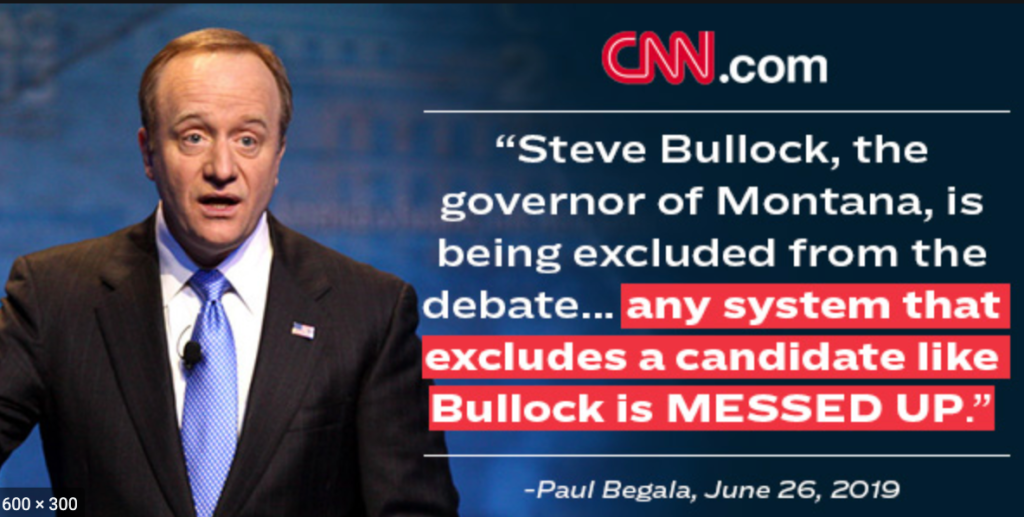
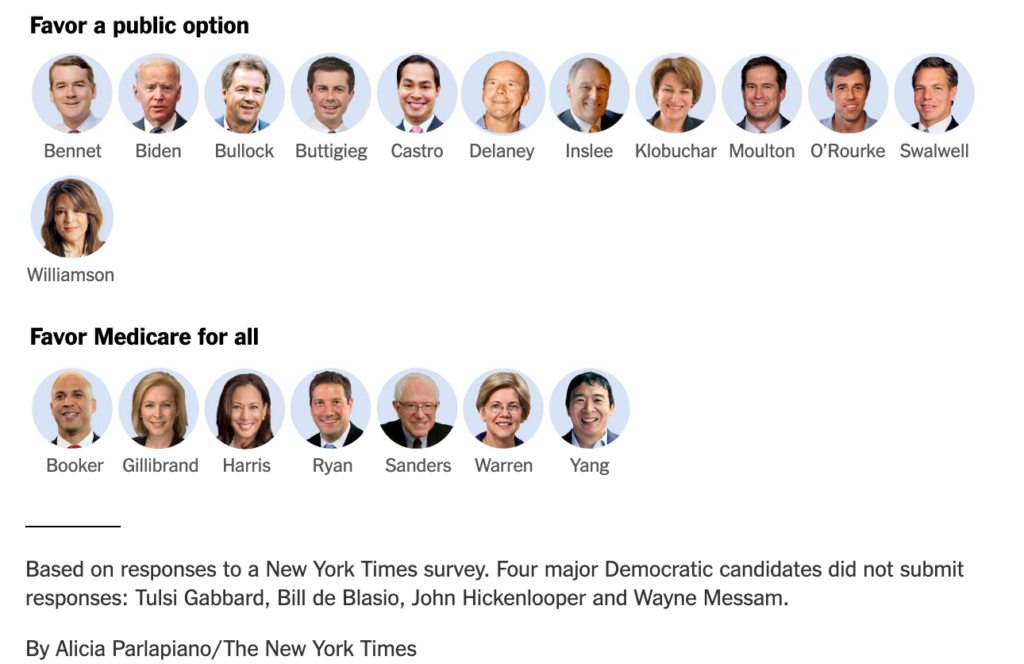
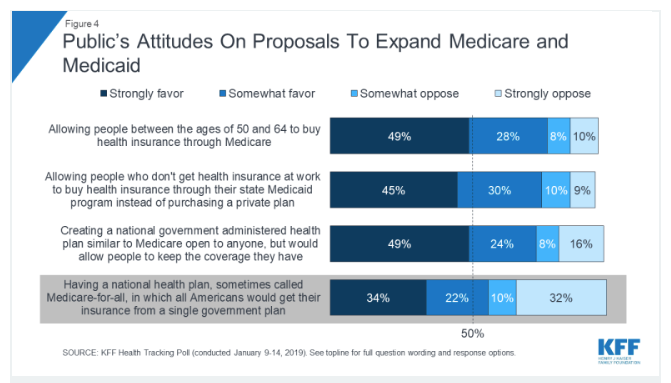
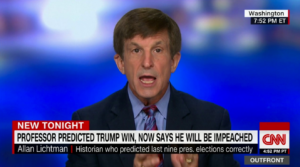 There’s a popular theory among the chattering classes that Trump will be impeached fairly soon. It goes something like this: Republican members of Congress are getting very sick of Trump, because of his incompetence, conflicts-of-interest, Putin slavishness, and overall lunacy. Long-term, they worry that Trump will hurt their brand with the non-extreme swing voters they need to win elections.
There’s a popular theory among the chattering classes that Trump will be impeached fairly soon. It goes something like this: Republican members of Congress are getting very sick of Trump, because of his incompetence, conflicts-of-interest, Putin slavishness, and overall lunacy. Long-term, they worry that Trump will hurt their brand with the non-extreme swing voters they need to win elections.
 Donald Trump is my President.
Donald Trump is my President.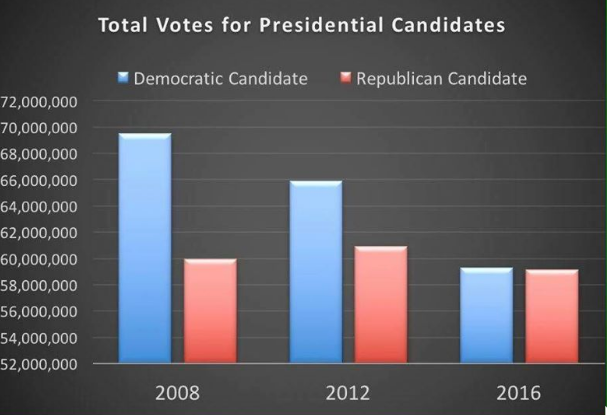
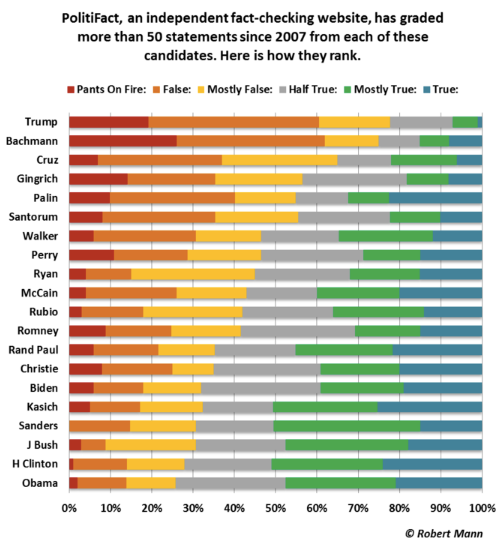
 Washington, DC — Just as the holiday season can be difficult for those who have recently lost loved ones, election time is a horrific time for those suffering from a little discussed condition known as Decision Deficit Disorder (DDD).
Washington, DC — Just as the holiday season can be difficult for those who have recently lost loved ones, election time is a horrific time for those suffering from a little discussed condition known as Decision Deficit Disorder (DDD). A couple weeks ago I hit Maximum Trump Wall. Too much stupidity too much of the time. So I took a break and caught up on some good TV. Bad mistake.
A couple weeks ago I hit Maximum Trump Wall. Too much stupidity too much of the time. So I took a break and caught up on some good TV. Bad mistake.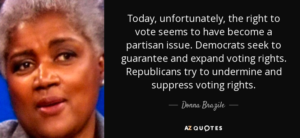 When it comes to the Minnesota DFL’s attempt to bar Donald Trump’s name from appearing on Minnesota ballots, the party is making a mistake by focusing on the could versus the should.
When it comes to the Minnesota DFL’s attempt to bar Donald Trump’s name from appearing on Minnesota ballots, the party is making a mistake by focusing on the could versus the should.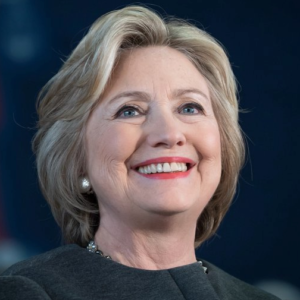 Though I’m a solid Hillary Clinton supporter, I don’t particularly relish defending her at water coolers, dinner tables and social media venues. When defending Hillary Clinton to those who hoped for more, I often feel like I do when defending the Affordable Care Act (ACA) to those who hoped for more.
Though I’m a solid Hillary Clinton supporter, I don’t particularly relish defending her at water coolers, dinner tables and social media venues. When defending Hillary Clinton to those who hoped for more, I often feel like I do when defending the Affordable Care Act (ACA) to those who hoped for more. When I started seeing ads and social media chatter about former Republican Governor Gary Johnson running for President, I went to
When I started seeing ads and social media chatter about former Republican Governor Gary Johnson running for President, I went to  In the era of Donald Trump and social media, these two statements haunt me.
In the era of Donald Trump and social media, these two statements haunt me.
 So communications strategists typically identify a small number of messages or themes that they strive to repeat and stress above all the others. They’re often called “key messages,” or “frames.”
So communications strategists typically identify a small number of messages or themes that they strive to repeat and stress above all the others. They’re often called “key messages,” or “frames.”
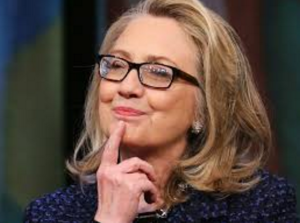 As a Sanders supporter, I concede there are many valid reasons to worry about him. But one of the biggest “go-to” criticisms used by Senator Hillary Clinton and her supporters strikes me as simplistic and overblown. More importantly, her focus on that issue makes me worry that she perhaps doesn’t truly understand what it takes to be an effective general election candidate and President.
As a Sanders supporter, I concede there are many valid reasons to worry about him. But one of the biggest “go-to” criticisms used by Senator Hillary Clinton and her supporters strikes me as simplistic and overblown. More importantly, her focus on that issue makes me worry that she perhaps doesn’t truly understand what it takes to be an effective general election candidate and President.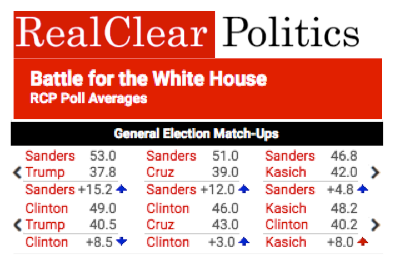
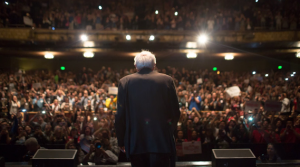 Presidential candidate Bernie Sanders has already given much to the Democratic Party. But even though his chances of being nominated remain slim, he still has a bit more he could give to his adopted party.
Presidential candidate Bernie Sanders has already given much to the Democratic Party. But even though his chances of being nominated remain slim, he still has a bit more he could give to his adopted party.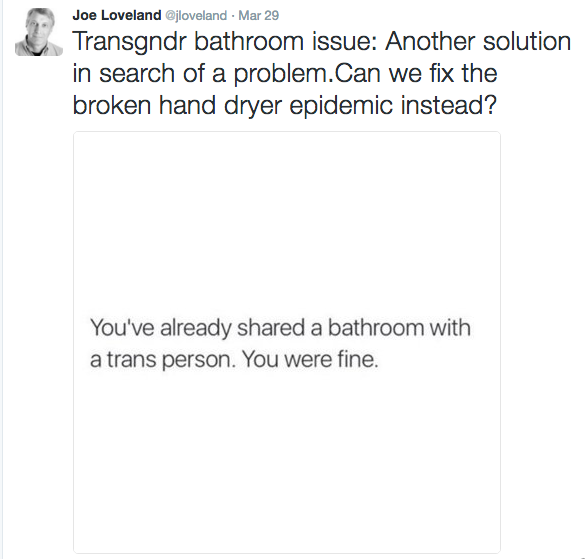
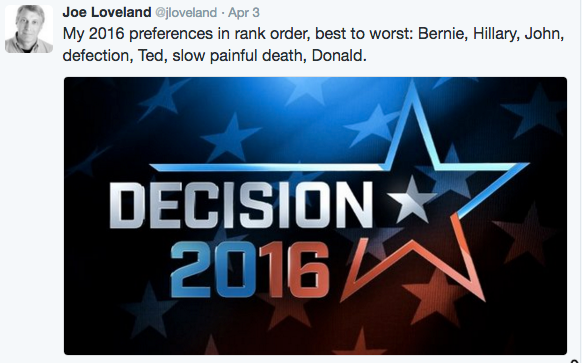
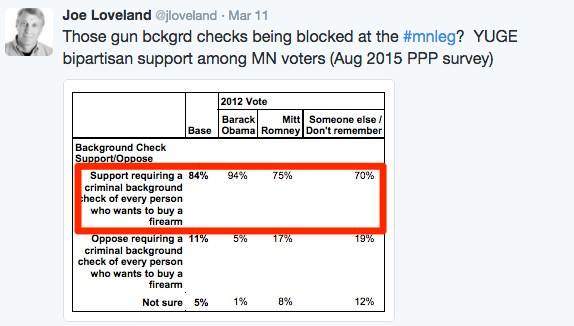
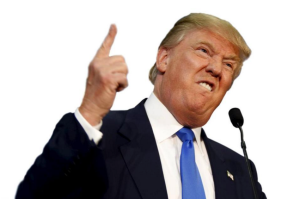 Donald Trump and Hillary Clinton are now pretty assured of winning their party’s nomination for president, both because they are far ahead and because it seems unlikely either will implode with their respective bases. They have both had fundamental vulnerabilities exposed, yet they both continue to have a sufficient amount of support to win their nominations.
Donald Trump and Hillary Clinton are now pretty assured of winning their party’s nomination for president, both because they are far ahead and because it seems unlikely either will implode with their respective bases. They have both had fundamental vulnerabilities exposed, yet they both continue to have a sufficient amount of support to win their nominations.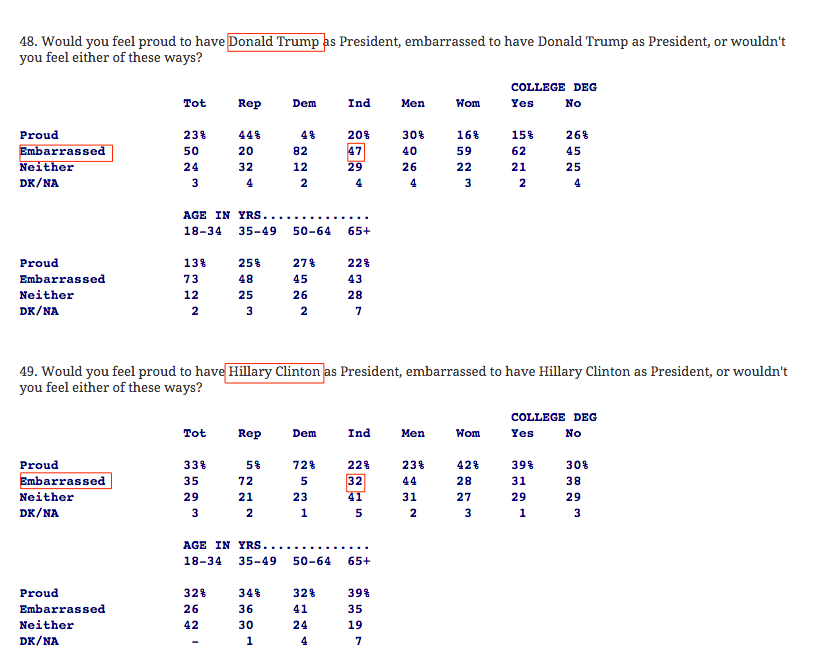
 When presidential candidate Bernie Sanders explains why Americans shouldn’t fear his “democratic socialism,” he usually
When presidential candidate Bernie Sanders explains why Americans shouldn’t fear his “democratic socialism,” he usually